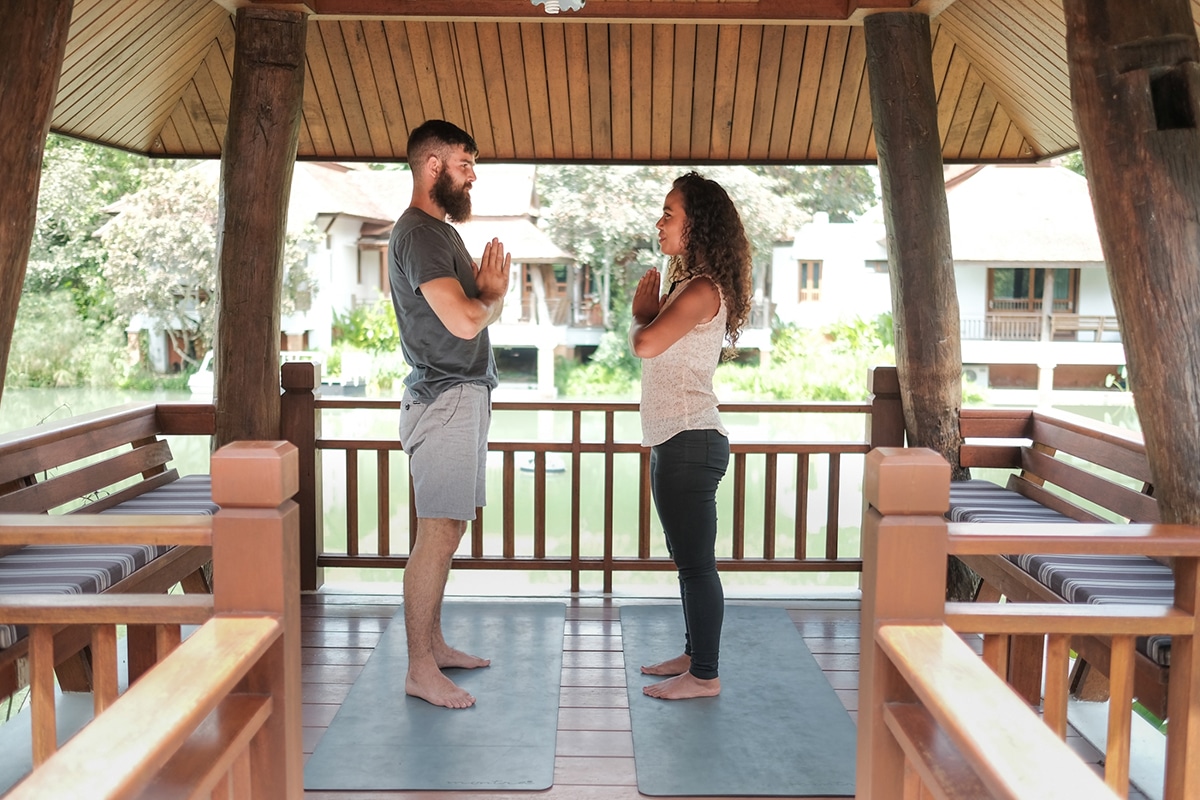If you are trying to help someone struggling with an addiction ensure that the love and support you are providing is not enabling, as this can actually prolong the addiction and heighten the associated risks.
Seeing a loved one struggle is an extremely difficult experience, and providing empathy and support is critical to their recovery. However, if your words or actions are allowing someone to continue their addiction by protecting them from facing the consequences of it, this is considered enabling.
Those who enable provide a buffer to the full effects of addiction, which then decreases the motivation for someone struggling with a substance dependency or behavioural addiction to get proper help. The enabler also needs to understand that addiction is a classified brain illness – and not a weak behaviour. The only way to overcome that addiction is by seeking professional treatment as you would for any other serious disease.
No Happy Endings: Consequences of Enabling
Because enabling actually prolongs addiction, it increases the risks of serious impacts to the person experiencing a dependency. These could include:
Health complications
Addictions of all types, whether substance-related (such as a dependency on alcohol or drugs) or process-based (like compulsive gambling or sexual activity), increase the risk of serious and potentially long-term mental and physical health effects.
Damage to personal and professional relationships
People struggling with dependency become increasingly focused on maintaining and engaging in their addiction, often to the exclusion of personal relationships and professional obligations. This can result in the loss of a job and estrangement from friends and family, and heighten a sense of isolation often described by people experiencing an addiction.
Risky or illicit behavior
A dependency can progress to the point where people are willing to engage in activities that may be harmful to themselves or others in order to maintain their addiction. In some cases, particularly if the dependency is substance related, the addiction itself may cause a lack of inhibition and judgment. This can result in life-changing impacts to the person struggling and to those around them.
Real Help: How to Give Support without Enabling
Supporting without enabling means that you must step back and allow someone to experience the consequences associated with their dependency. This makes the negative aspects of the addiction more tangible, and increases motivation to seek treatment.
Though ending enabling is essential to recovery, this can be a difficult step for friends or family to make, which is why professional support is critical. Addiction is a lifelong condition that requires significant lifestyle changes and ongoing management, much like hypertension or diabetes. Such diseases require expert knowledge and comprehensive medical treatment for a healthy recovery and positive long-term results.
Solid Support and Compassionate Care at The Dawn

The Dawn Wellness Centre and Rehab in Thailand is a uniquely designed rehabilitation and wellness facility focused on personal growth and healing of our clients. We offer holistic programmes that combine Western therapies with Eastern wellness practices to achieve life-changing results.
Our intimate boutique environment of no more than 35 clients offers highly personalised treatment in a welcoming, serene environment. Your loved one will have reliable, 24-hour access to experienced counsellors and medical staff whenever they need it.
If you are ready to learn more about how we can help someone you love overcome their struggle, The Dawn is here to help you. Recovery thrives in a strong community: call us today to join us at The Dawn.
Related Posts
 Part of a Process: The Six Stages of Alcohol Recovery
Overcoming an alcohol addiction is a steady, step-by-step process. Giving yourself time at each stage – and understanding that recovery may have some setbacks – can help you have realistic,...
Part of a Process: The Six Stages of Alcohol Recovery
Overcoming an alcohol addiction is a steady, step-by-step process. Giving yourself time at each stage – and understanding that recovery may have some setbacks – can help you have realistic,...
 Finding the Right Words: How to Talk to Someone With an Addiction
Having a constructive conversation with someone struggling with an addiction can be challenging, especially when your own fears and frustrations may be clouding your thoughts. Doing some research beforehand and...
Finding the Right Words: How to Talk to Someone With an Addiction
Having a constructive conversation with someone struggling with an addiction can be challenging, especially when your own fears and frustrations may be clouding your thoughts. Doing some research beforehand and...
 A Complete Guide: How to Find the Best Rehab Abroad in 2023
With so many high-quality overseas rehab options available, it can be difficult to know how to choose the ‘best rehab abroad’ for you. From locations in the snow-covered Alps to...
A Complete Guide: How to Find the Best Rehab Abroad in 2023
With so many high-quality overseas rehab options available, it can be difficult to know how to choose the ‘best rehab abroad’ for you. From locations in the snow-covered Alps to...
 Are You Addicted to Sugar? Discover the Truth about Your Sweet Tooth and How Sugar Addiction Works
Rich moist chocolate cakes, crispy doughnuts, a bag of nachos, your aunt’s famous lemon pies; put them in front of the individual, and mouths starts to water. Finish the first...
Are You Addicted to Sugar? Discover the Truth about Your Sweet Tooth and How Sugar Addiction Works
Rich moist chocolate cakes, crispy doughnuts, a bag of nachos, your aunt’s famous lemon pies; put them in front of the individual, and mouths starts to water. Finish the first...





